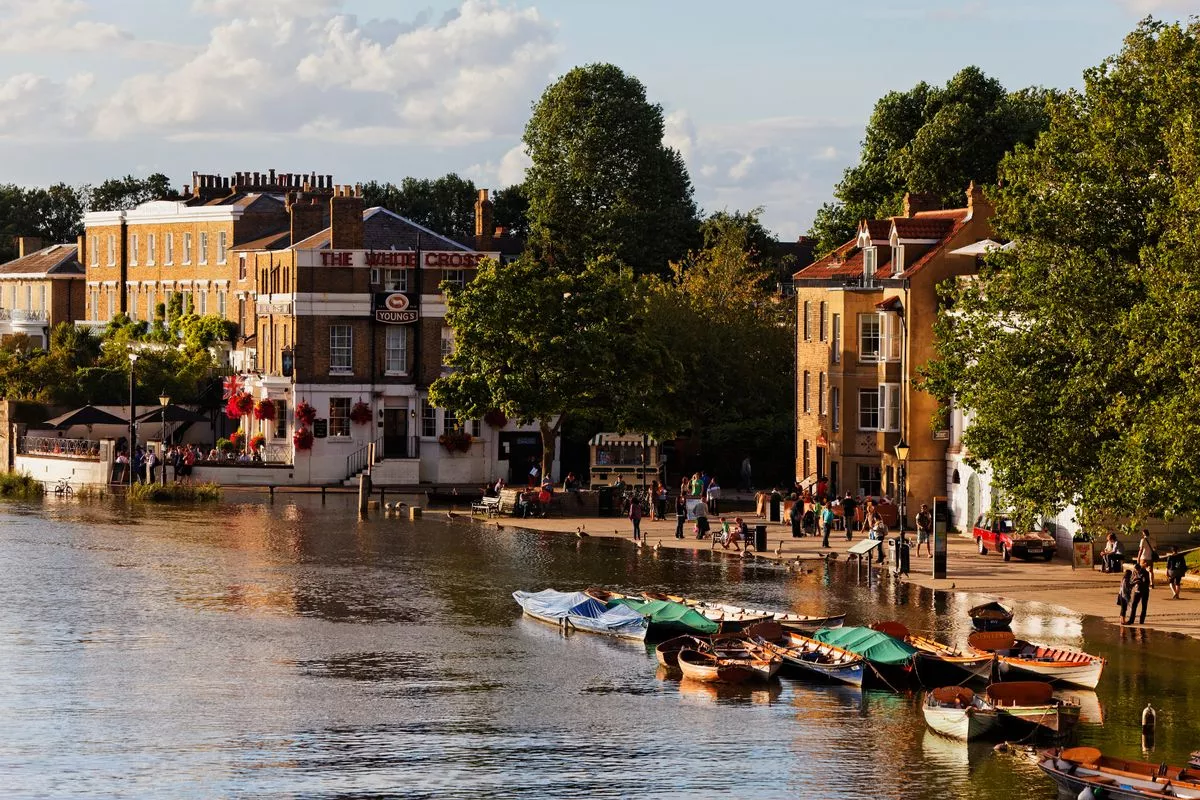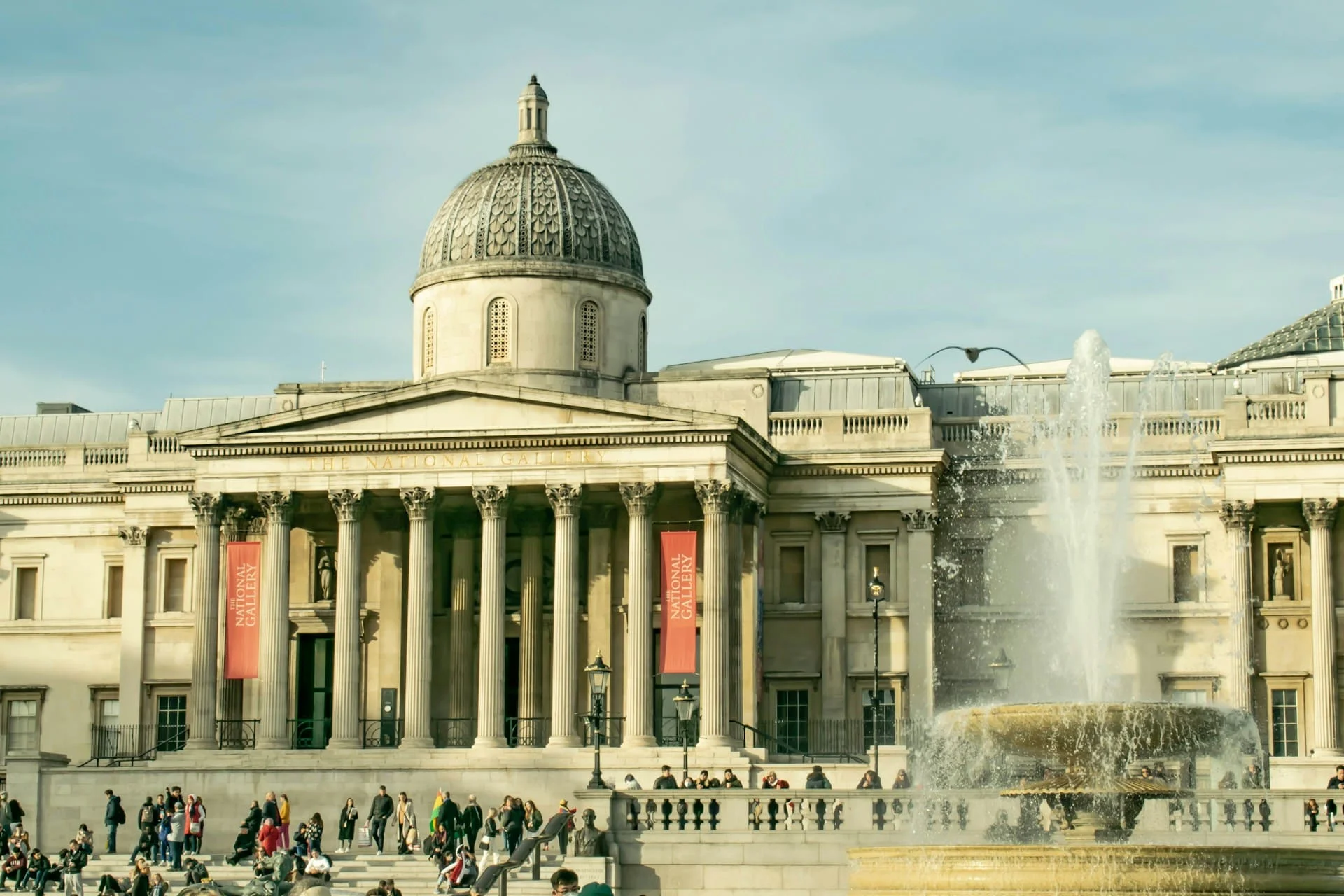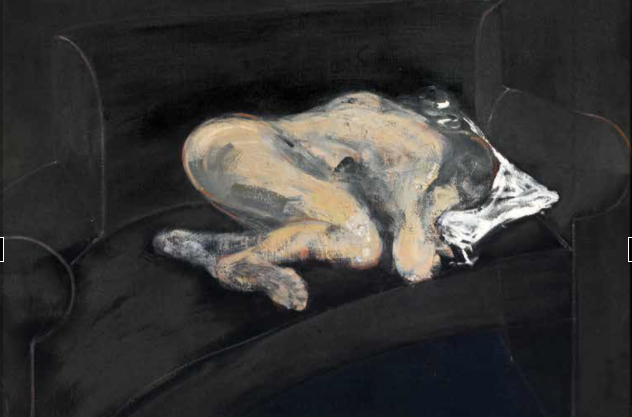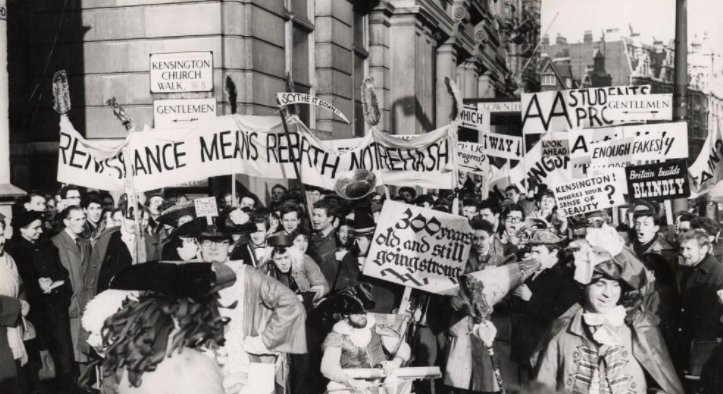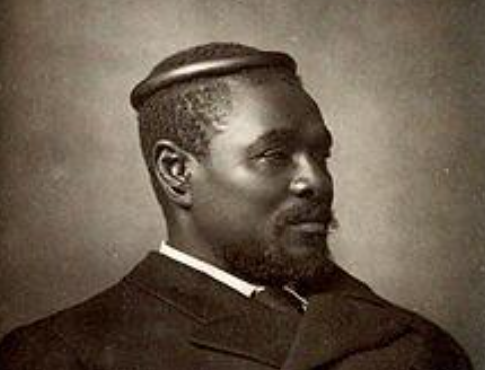The Parliament Choir Shines at the RFH

EyeOnLondon’s Simon Mundy, reviews the Parliament Choir performing Beethoven’s Missa Solemnis ahead of the general election.
Martyn Jackson Violin
Lucy Crowe Soprano
Jess Dandy Mezzo-soprano
Dominic Bevan Tenor
William Thomas Bass
The Parliament Choir
Southbank Sinfonia
Simon Over Conductor
As Simon Over quipped before he started conducting, the last time the Parliament Choir sang in the RFH they were inconvenienced by the 2017 election. Plus ça change. This time, though, the concert was to mark anniversaries: the 25th of the choir and the 200th of the Missa Solemnis. Somehow the timing in the last few days before this year’s general election felt perfect. The mass, the last big choral work that Beethoven wrote, seemed to sum up the end of an era – full of noise, warnings, threats, penitence and pleas. The choir is open to anyone who works in the Palace of Westminster and its outbuildings, so the absence of former and future MPs was not too keenly felt. There was a sprinkling of Lords. Former Deputy First Ministers of Wales and Scotland – Lords German and Wallace – kept up the devolution end. Indeed Mike German, a music teacher before he tried politics, chairs the choir.
The Parliament Choir was the star of the evening with a wonderfully integrated sound, mostly crisp entries, and a mastery of the complex demands Beethoven makes. In his last deaf years, making things easy was not his concern. The sopranos have to reach up to the top of their range, not helped by modern pitch, significantly sharper than in the composer’s time. That even challenged Lucy Crowe and Dominic Bevan, the ever-accomplished soprano and tenor soloists, who still had the musical space to deliver their parts with freedom. Bevan, with his ringing but slightly tortured sound, would make a superb Florestan in Beethoven’s only opera Fidelio and the mezzo-soprano, Jess Dandy, would be perfect opposite him as Leonore. Dandy is a young singer with a truly remarkable voice, rich, warm and enveloping. She has the high notes but is most impressive when she descends into the contralto range. Then the voice has real authority, as does the bass William Thomas, her counterpart in relishing the exposed solos.
Sadly the Southbank Sinfonia has a way to go before it matches the standards of London’s crack orchestras. Either because of lack of rehearsal or ill direction, the ensemble was less than united in too many places. They are used to playing in the generous acoustic of St. John’s, Smith Square (which they now own). Their, imperfections can be hidden but not in the more forensic acoustic of the RFH, where every slight mishap stands out. Simon Over, their boss and conductor, has a rather four square technique (he reminds me of the late Sir Charles Groves) which kept the choir in excellent order but did not leave much room for nuance and interpretive detail; a pity, because the Missa Solemnis profits from that, especially in the contemplative Benedictus. The leader of the orchestra, Tzu-Fan Tang, showed his real quality in the solo violin obbligato of that movement but was less assured in keeping his section together.
The other solo violinist, Martyn Jackson, opened the concert with a sedate account of the Second Romance. Beethoven was a man of strong passions and his romance deserved to live up to its name. Here it came over as an expression of moderate English yearning and mild regret. This was the Parliament Choir’s evening, though, and they triumphed. The Festival Hall is a good place to make a loud noise and they did, always exhilarating and united, never brash. If only the politics they serve could match them.




